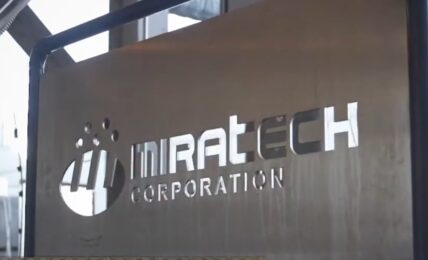Global consumer brands company Unilever and sustainable materials company Genomatica announced today the launch of a venture, backed by a $120 million joint investment, aimed at scaling and commercializing sustainable alternatives to palm oil and fossil-fuel derived cleansing ingredients.
Fossil fuel and palm oils are key ingredients used by major consumer products companies in the production of cleaning products, soaps and detergents, presenting the companies with significant challenges in their efforts to improve sustainability. Most cleaning and laundry products contain chemicals made from fossil fuel feedstocks, typically accounting for around half of the products’ carbon footprint. Palm oil, which can be refined to create soaps and detergents, present significant supply chain sustainability challenges for companies, including issues such as deforestation and labor rights.
Unilever has pursued several initiatives to enhance the sustainability profiles of its products, and has pledged to achieve net zero emissions from all products by 2039. In 2020, Unilever announced a commitment to eliminate fossil fuels in its cleaning and laundry products by 2030, and last year the company launched of a partnership with protein design company Arzeda to explore biology-based solutions to transform the sustainability of cleaning and laundry products.
Richard Slater, Unilever’s Chief R&D Officer, said:
“This new venture will sit at the intersection of science and sustainability, meaning we can continue to grow our business without relying only on palm oil or fossil fuel derivatives, while also making our supply chains more resilient from having access to ingredient alternatives.”
San Diego-based biotechnology company Genomatica develops sustainable materials derived from plant or waste-based feedstocks, converting plant-based ingredients into chemical building blocks, similar to those used to make nylon.
The new venture will develop an alternative plant-based ingredient able to lather and lift dirt. According to Genomatica, there are only a few viable alternatives to palm and fossil sources that can be produced at scale to make those ingredients, and the venture offers the opportunity to tap into the combined $625 billion home and personal care markets.
Christophe Schilling, Genomatica CEO, said:
“We’ve developed our technology in response to our planet’s urgent climate crisis and we’ve proven that biotechnology can replace traditional production methods to produce ingredients with bio-based sources that deliver both high-performance and sustainability, at scale.”
The post Unilever, Genomatica, Invest $120 Million to Develop Sustainable Palm Oil & Fossil Fuel Alternatives appeared first on ESG Today.



